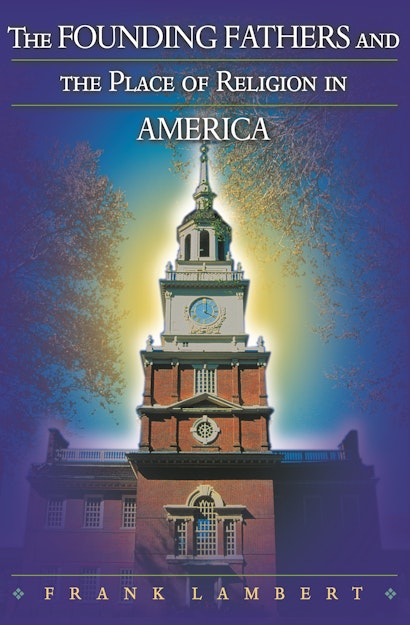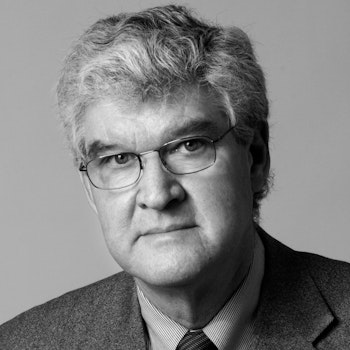The Founding Fathers and the Place of Religion in America


Paperback
- Price:
- $39.00/£30.00
- ISBN:
- Published:
- Mar 19, 2006
- Copyright:
- 2003
- Pages:
- 344
- Size:
- 6 x 9.25 in.
- Main_subject:
- History
ebook
How did the United States, founded as colonies with explicitly religious aspirations, come to be the first modern state whose commitment to the separation of church and state was reflected in its constitution? Frank Lambert explains why this happened, offering in the process a synthesis of American history from the first British arrivals through Thomas Jefferson’s controversial presidency.
Lambert recognizes that two sets of spiritual fathers defined the place of religion in early America: what Lambert calls the Planting Fathers, who brought Old World ideas and dreams of building a “City upon a Hill,” and the Founding Fathers, who determined the constitutional arrangement of religion in the new republic. While the former proselytized the “one true faith,” the latter emphasized religious freedom over religious purity.
Lambert locates this shift in the mid-eighteenth century. In the wake of evangelical revival, immigration by new dissenters, and population expansion, there emerged a marketplace of religion characterized by sectarian competition, pluralism, and widened choice. During the American Revolution, dissenters found sympathetic lawmakers who favored separating church and state, and the free marketplace of religion gained legal status as the Founders began the daunting task of uniting thirteen disparate colonies. To avoid discord in an increasingly pluralistic and contentious society, the Founders left the religious arena free of government intervention save for the guarantee of free exercise for all. Religious people and groups were also free to seek political influence, ensuring that religion’s place in America would always be a contested one, but never a state-regulated one.
An engaging and highly readable account of early American history, this book shows how religious freedom came to be recognized not merely as toleration of dissent but as a natural right to be enjoyed by all Americans.
Awards and Recognition
- One of Choice's Outstanding Academic Titles for 2003
